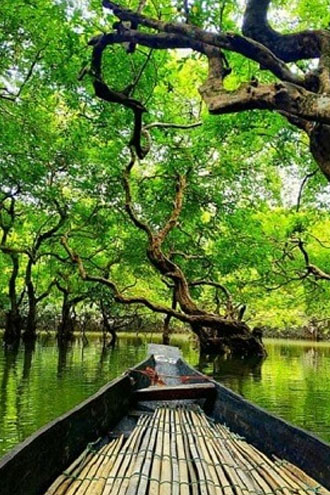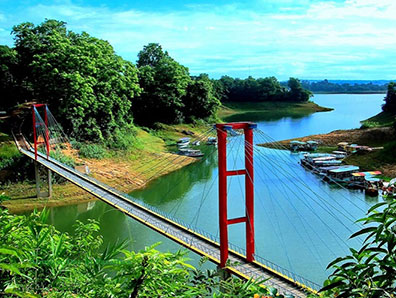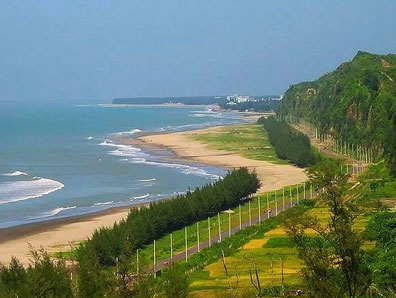Tokelau is a territory of New Zealand located in the South Pacific Ocean, about halfway between Hawaii and New Zealand. It consists of three atolls: Atafu, Nukunonu, and Fakaofo. The official languages are Tokelauan and English, and the currency is the New Zealand dollar. The population of Tokelau is around 1,500 people.
Tokelau's economy is small and largely based on subsistence agriculture and fishing. The territory is not self-sufficient in food and relies on aid from New Zealand and other countries. The government of Tokelau also receives revenue from the sale of stamps and coins and from the lease of its exclusive economic zone to foreign fishing vessels.
Tokelau is a non-self-governing territory of New Zealand and its inhabitants are New Zealand citizens. The government of Tokelau is based on traditional leaders and village councils. The territory has a high degree of autonomy in internal affairs and is responsible for its own administration and the management of its natural resources.
Tokelau has a rich cultural heritage, with influences from Polynesian and Micronesian cultures. The traditional way of life is based on fishing, agriculture and the use of coconut palms. The territory is also known for its traditional dance, music, and handicrafts.
Tokelau is one of the most remote territories in the world and is vulnerable to the impacts of climate change, particularly rising sea levels and changes in weather patterns. The government of Tokelau and New Zealand have been working together to implement measures to address these challenges, such as building sea walls, and working on renewable energy projects to reduce dependence on fossil fuels.


